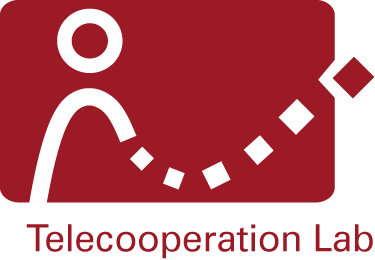Content
Learning Target
- Comprehensive overview knowledge about the basic problems and approaches in distributed systems and algorithms
- Deep methodic knowledge of classic distributed algorithms and programming paradigms
- Applicable and exemplary knowledge of current developments and standards
Course topics
- Recap of chapter 1 of the introduction lecture “Net-Centric Computing”
- Distributed paradigms
- Mainstream paradigms (e.g., IPC, RPC, Message Queues, Webservices)
- Advanced paradigms (e.g., event-based, publish/subscribe, Java Message Service, Distributed memory)
- Cloud computing (e.g., service models, google file system)
- Formal approaches
- Distributed algorithms
- Foundation (e.g., safety, liveness, fairness)
- Synchronization (e.g., NTP, Lamport's Logical Clocks, global states)
- Coordination (e.g., Mutex, Bully algorithm, election)
- Local algorithms
- Current development tools / programming languages (e.g., Apache Spark)
Teaching staff
| Name | Contact | |
|---|---|---|

| Prof. Dr. Max Mühlhäuser | max@tk.tu-... S2|02 A114 |

| Dr. Alejandro Sanchez Guinea | Sanchez@tk.tu-... S2|02 A108 |
Summer term exam: The exam for the summer term 2020 will be on the 14th July 2020 at 11:30 – 13:30 in room S1|01 / A04. Please see the Moodle announcement for further details.


